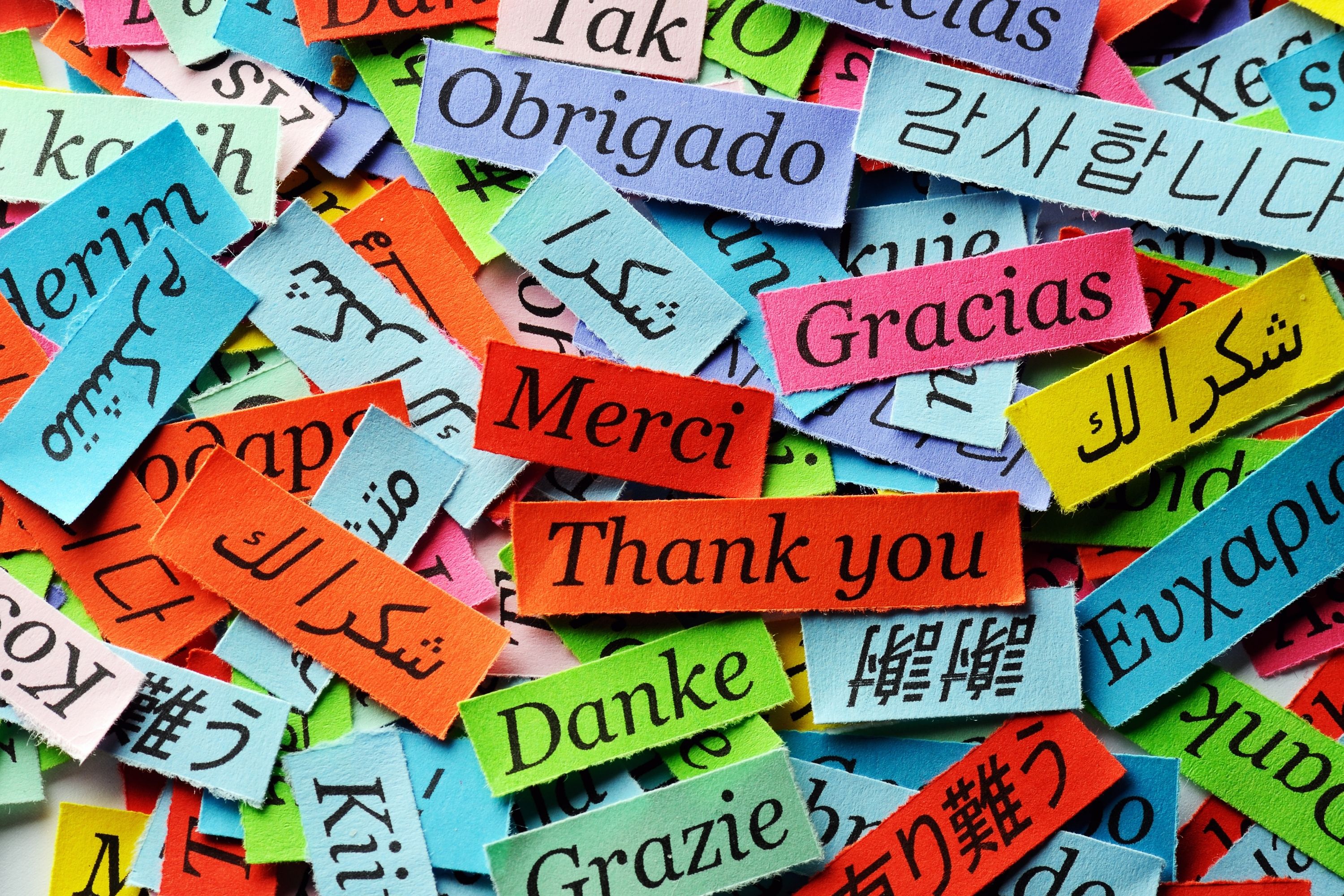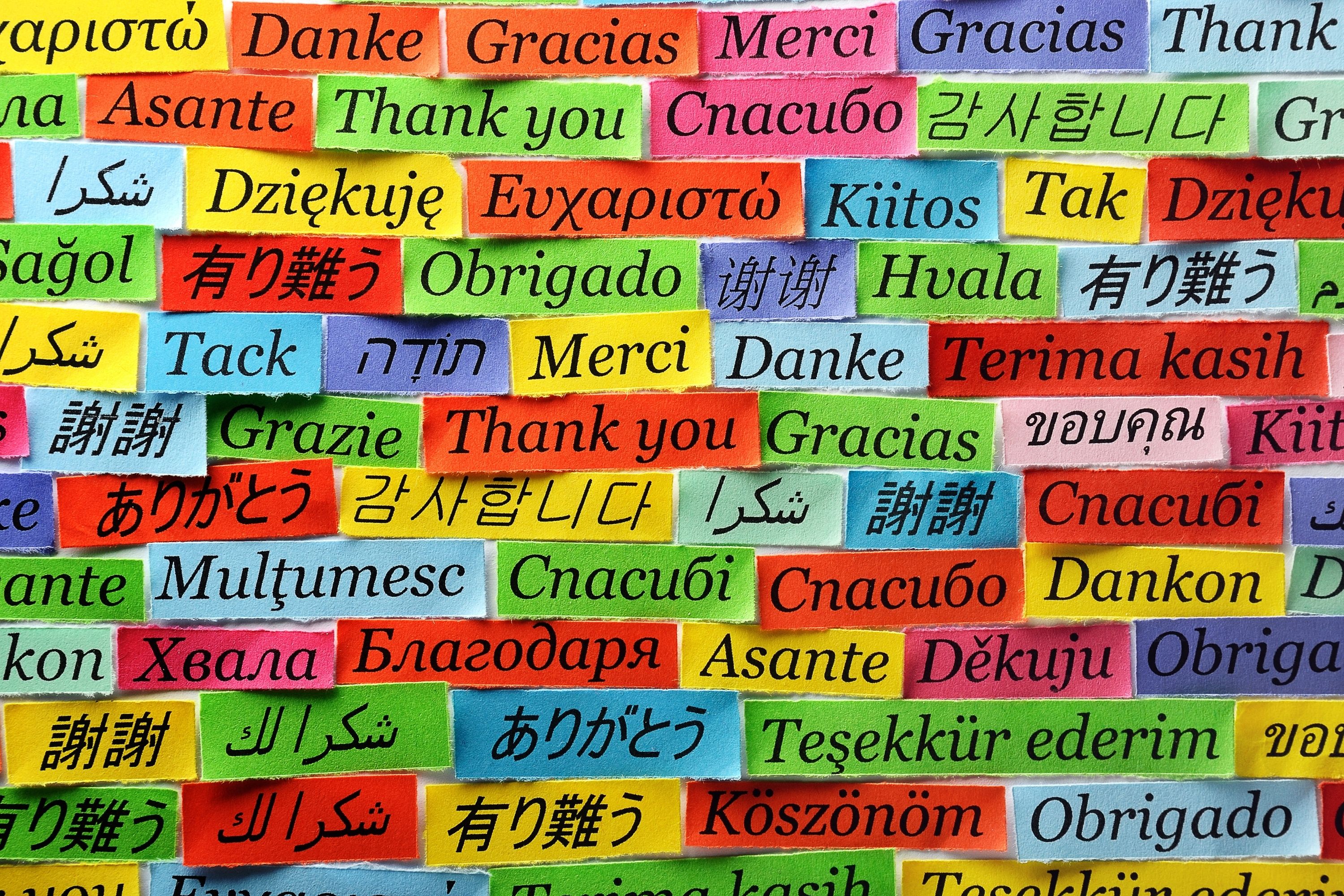We can hear people saying “thanks to you, Sir” almost anywhere. In restaurants, at work, in shopping malls and cinemas, in stores and in the office – this expression is widely used for showing our gratitude to someone. In addition, it is frequently used in text messages and emails for the same purpose.
But let us stop and think for just a moment: have we ever wondered what exactly this expression means? And why do we say “thank you sir” instead of using some other form of this expression? And what other alternative gratitude expressions exist that we can use?
So in this article we decided not only to explain the meaning of the “thank you sir” phrase.
We also collected several expressions that are considered similar to this one in order to compare them and see, in what cases each of them is supposed to be used.
Also, you will learn more about the origin of the “thank you” expression, its alternative forms that are used in modern English language, and in addition, we will tell you how to say “thank you” in some other languages.
So stay with us and read on, it is going to be very interesting today!
Related: How to Respond to Hey?
Thanks to You, Sir! What Does It Mean?
This expression is a traditional and common expression that means and shows our gratitude to someone. It is basically a universal way of showing our appreciation for an act done for you.
If we express our gratitude to a man, we say “thanks to you, Sir”. However, if we show our appreciation to a woman, we will say “thanks to you, Ma’am” or “thank you, Miss” instead depending on the age and the social status of the lady we are talking to.
Typically, if you know the person you are talking to very well, you may say “thanks very much” or “thank you much”. Sometimes you can also follow this expression by this person’s given name, for example, “thank you, Sam”.

As an alternative expression of gratitude that you can use for expressing your appreciation, it is ok to make use of the following expressions:
- many thanks
- thanks so much
- thanks again
- thank you again
- big thank you
- thanks to you
- thanks so much
- a big thank you
- thank you so very much
- huge thank you
- much thanks
- thank you a million
- thanks for having my back
All these expressions are considered informal and they can be used when you are talking to your friend, relative, or another person whom you closely know.

If you want to express your gratitude and appreciation to a group of people whom you are in close relations with, you should make use of other expressions, such as:
- thank you guys
- thank you all so much
- thank you all
- thank you very much folks
These alternative phrases do not imply using the persons’ given names since you are referring to all of them at once, not to each of them in particular.
On the other hand, if you want to say thank you to someone whom you barely know, or if you want to express your appreciation to a person whose name you forgot or don’t know, you should consider using a universal “thank you, Sir”, “Thank you very much, Sir”, or “thanks to you, Sir” phrase instead.

It is polite enough and sounds rather formal so you can use it both at work and in other public places, for instance, on a bus/train/plane, in your office, in a store, etc.
In addition, this expression is perfect for those who work with a large number of people daily due to the specifics of their job. For example, shop assistants, sales persons, security guards, etc.
The “thanks to you, Sir” phrase is a way to show our respect and gratitude not only as an equal, but also as a superior, in agem social status, or power, among others.
Using this expression also reflects how respectful we are towards others. It is a sign that you are a well-mannered person.

Thank You, Kind Sir. What About Its Meaning?
We are sure that most of you have heard this expression more than once in your life. “Thank you, kind Sir”. But what does it mean exactly, and why would anyone use this particular form of a gratitude expression?
Well, basically, both expressions, “thank you, Sir” and “thank you, kind Sir”, have the same meaning of gratitude and appreciation. The only difference is that word “kind” whose history most of us have no idea of.
See, in the old days, people used to add the word “kind” to their traditional “thank you/thank you, Sir” gratitude formula in order to make it sound a little more formal and more sincere.
For example, you could say it to express gratitude for a bigger favor or a matter of life and death favor, as compared to merely “thank you, sir”.
And even though today this type of phrase can not be considered very common, we can still hear people saying it. And surprisingly, today it is more often used by the younger generation!
Probably, that’s because this expression is widely used in computer games and youngsters just picked it up. But anyway, “thank you, kind Sir” still means gratitude and appreciation, even though expressed a little bit amusingly.
Related: How to Respond to Merry Christmas. 8 Best Answers to Respond to Anyone
What Is the Origin Of the “Thank You” Phrase?
We use this expression every day many times a day, but have you ever asked yourself what it actually means and where it came from?
If you have never wondered about this, then you will probably be surprised to learn that the word “Thank” is actually derived from the Latin word “tongere” wherein “tong’” means “think”. This expression can be loosely translated to “I will remember what you have done for me”.
So, “thank” was a word that merely meant “a thought”. Then, according to the Oxford English Dictionary, the translation evolved to “favorable thought or feeling, goodwill”.
By the time of the Middle Ages, this word was described as a “kindly thought or feeling entertained for a favor or service received”. And basically, it is pretty much how we define “thank you” in this day and age!

However, the expression “thank you” as we know it today became widely used and popular only in the fourteenth century! Before that time, people used to utilize the phrase “I thank you” which can be considered a complete form of this expression.
As you probably know, the gradual condensing of a polysyllabic word of phrase over the years is rather common in English vocabulary evolution.
Hence, “I thank you” has eventually been transformed into simple “thank you”. This also explains why “thank you” has changed into merely “thanks”. And in some countries, “thanks” has even evolved to “ta”! Nevertheless, the most universally known expression still is, and will always be, “thank you”.

How Do We Say “Thank You” In Other Languages
Most of you probably know ( or at least you have heard of it) that quite many English words are derived from Latin words and language in general. And this is specifically true for some other languages, as well.
For example, In Spain, the Spanish word “gracias” is literally translated to “thank you” in English. In particular, “gracias” stems from the Latin Phrase “gratias agere” which can be translated as “to express thanks” literally.
As for the Italian alternative to “thank you”, the Italian word “Grazie” also means “thank you” and it evidently stems from the very same Latin phrase “gratias agere”. And if you want to know how to say “thank you, sir” in Italian, you should use the phrase “Grazie, Senor”.

Now let us take a closer look at the French word “Merci”. It also means “thank you” and it also stems from the Latin language.
However, the French word “Merci”, unlike its Italian alternative, comes from the Latin word “Merces” which means “fee” or “wages”, “price”. Nevertheless, its meaning evolved until the Old French word “mercit” which can be translated as “reward, gift, grace, kindness”.
Have you ever wondered how to say “thank you sir” in Japanese? In Japan, when people want to express their gratitude to someone, they usually use the word “Arigato”.
This word takes its origin from the word “arigatashi”, which is derived from two Japanese words, “aru” and “katai” (yep, things are a bit more complicated with Japanese alphabet and word meanings!).
“Aru” means “to exist” and “katai” can be literally translated as “difficult”. So today, when a Japanese person says “Arogato”, this expression can be translated as “rare and precious”.
However, no matter what language you try to translate the “thank you” phrase, it will always have the same meaning of gratitude and appreciation. It means that human communication can truly survive despite varying cultures and times!

Thank You vs Thanks. Is There a Difference?
You definitely know both these expressions and moreovers, we are sure that you use them yourself daily. But have you ever wondered whether those “thanks” and “thank you” mean the same thing?
Well, in fact, they do! And moreover, you may use either of these two expressions.
However, despite all the changes and transformations our language has come through, the phrase “thank you” is still somewhat more popular and widely used in comparison to the shorter “thanks” alternative.
In addition, “thank you” is a bit more universal in terms of its use. See, it can be used for both expressing your gratitude and appreciation to the person whom you know very well, as well as to someone whom you don’t know that closely.

Besides, this wording can even be used for expressing gratitude for a completely strane person!
Basically, that means you won’t have to bother what phrase to choose when talking to different people! You just say “thank you”, and that’s it.
However, “thanks” is a way more informal word. It is more suitable for being used with close people when communicating. For instance, it’s fine if you say “thanks” to your close friend or to your parents or a family member. Or even to your colleague whom you are in close enough relations with!
On the other hand, saying “thanks” to your boss or to a strange person will most likely be considered impolite or even rude!
And if you want to sound highly formal, you can make use of a phrase “I thank you” because technically, the grammar of this expression is still correct even though the phrase itself is very rarely used today.

Why Do We Add “Sir” When Saying “Thank You”?
Whenever you say “thanks to you kindly, Sir” or just “thank you, Sir” you add that “Sir” at the end of the phrase. But why do we do that?
See, the term “Sir” is mostly used for the following purposes:
- Address someone in a position of authority
- To show respect
- To address male teachers, colleagues, etc.
- To address school or university male employees
- To address male executives or employees of higher position in offices
- To address male strangers
- To address men whose name we don’t know or forgot/can’t remember
In any of these cases, using the term “Sir” shows our respect, and also it reflects how polite we are when dealing with strangers.

The Origin Of the Word “Sir”
Do you know where the word “sir” comes from? It was especially widely used in the High Middle Ages, the period that lasted between 1000 and 1250 AD. Only back then, this word looked a bit different and had a form “Sire”.
This was how reigning kings were respectfully addressed in Europe during the High Medieval Period in fact!
It was in 1927 when the word “sir” was documented for the very first time. During that time, it was used as the title of honor of a knight. Later on, it became a term to address baronets and other offices as well.
However, since the Late Modern era, this word became widely used for addressing commoners, in particular, as the way of showing your politeness and expressing your respect.

Thank You, Sir. May I Have Another?
You definitely heard this expression at least once in your lifetime! And to quite many people, it sounds somewhat odd. But have you ever got curious where it started?
For the first time, this expression was used in the 1978 movie “National Lampoon’s Animal House” directed by John Landis. However, this line that later became so popular, was not even uttered by one of the main characters!
Later, the movie scene where this phrase was used was somehow re-enacted in one of the episodes of the TV series “The Simpsons”.

How to Respond to “Thank You, Sir” Correctly And Politely?
Have you ever wondered how to respond when someone says “thank you, Sir” to you? Depending on the situation, you might want to make use of one of the following alternative replies.
- You are welcome
- You are very welcome
- No problem
- That’s all right
- Don’t mention it
- Anytime
- No worries
- My pleasure
- It’s my pleasure
- Glad to help
- It was the least I could do
As you could already notice, some of these phrases can be considered more formal whilst others are more informal and casual. But in general, each of these replies will be fine for the informal answer.

However, if you need to respond in a formal setting, we would recommend you use a completely different range of answers!
That’s because not all of the above-mentioned ones can be appropriate for the formal reply. So you want to choose one of the following variants instead:
- You are welcome/You are very welcome
- My pleasure/It’s my pleasure
- Glad to help
- It was the least I could do
Like this, you will not have any misunderstanding when replying to the “thank you, Sir” phrase.

So, this was all that we wanted to tell you about the “thank you, Sir” phrase.
You learned its history of origin, as well as its formal and informal alternatives.
We also shared a few curious facts with you regarding this reply, and now you will know for sure when and how to answer if someone says “thank you, Sir‘ to you!
[wp-faq-schema title=”Frequently Asked Questions”]

How to say thanks to birthday wishes? I’ve always had problems with that since if I simply reply “thanks” some people might feel offended. But I can’t reply with formal phrases as well! So what wordings shall I use?
Hi! Try to choose a few universal replies that can be used both formally and casually. For example, something like “thank you very much” or “I’m very pleased to hear that”. Of course, it makes sense only if you have both close people and less close ones invited to your B-Day party. If all of your guests are close family members and friends, then you don’t need any formal wording!
How do you thank someone for their support? I mean, if they are not close people, you just barely know them, but they helped me a lot during the difficult period in my life.
Well, why not just say “thank you all for your support”? If you want, you can say that in person or send each of those people a small gift with the card saying thank you.